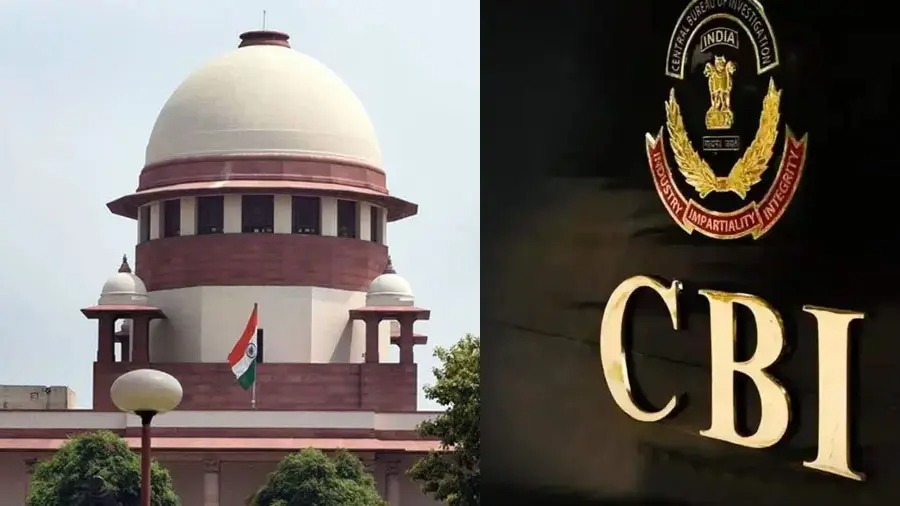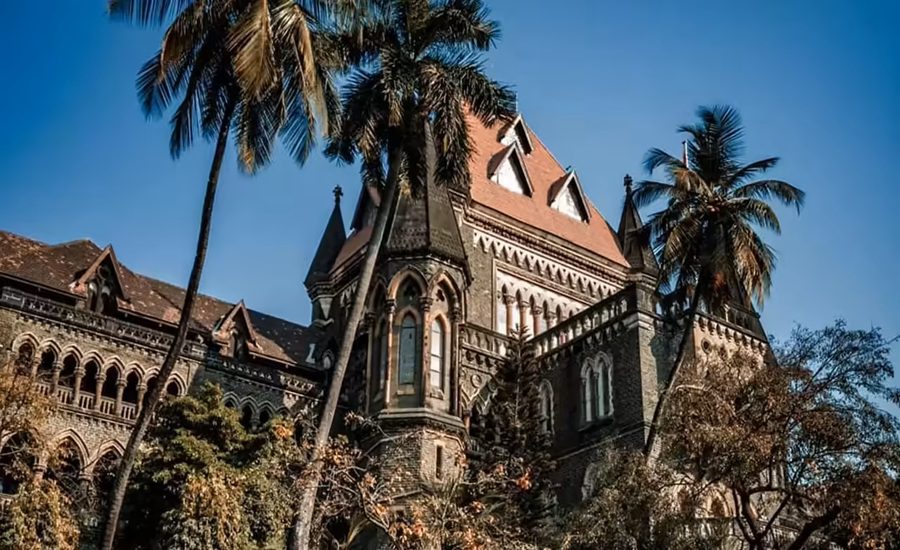K. Anpazhakan, Member (T)
1. None appeared for the appellant. However, since the appeal is pending for a long period of time, the issue is taken up for disposal with the assistance of the Ld. Authorized Representative for the respondent.
2. Brief facts of the case are that the appellant has filed a refund claim as per the provisions of Section 102 of the Finance Act. As per sub-section (3) of Section 102 of the Finance Act, a refund claim has to be filed within a period of six months from the date on which the Finance Bill receives the assent of the Hon’ble President i.e., on 14.05.2016. In the present case, the appellant has filed the refund claim on 23.01.2017 i.e., after a period of 254 days from the date of receipt of the assent to the Finance Bill by the Hon’ble President. Accordingly, the refund claim filed by the appellant was rejected on the ground of limitation.
3. In their appeal, the appellant submits that the time period prescribed under Section 11B of the Central Excise Act is applicable to them and hence, the refund claim filed by them on 23.01.2017 is not barred by limitation.
4. I find that the refund claim in this case has accrued on account of the provisions of Section 102 of the Finance Act, 2016. The Finance Act has provided a specific time-limit of six months from the date of assent to the Finance Bill for filing the refund claim. Accordingly, the refund claim should have been filed on or before 14.11.2016. However, the appellant has filed the refund claim only on 23.01.2017, which is beyond the time period of six months prescribed under Section 102(3) of the Finance Act, 2016. Hence, I find that the ld. Commissioner (Appeals) has rightly upheld the rejection of refund claim by the original adjudicating authority.
5. I find that this view has been taken by the Hon’ble Madras High Court in the case of M/s. MDP Infra (India) Pvt. Ltd. V. Commissioner of Customs, C.Ex. & C.G.S.T. [2019 (29) G.S.T.L. 296 (M.P.)]. The relevant paragraphs of the above decision are reproduced below: -
“13. On further appeal, the Tribunal vide impugned order affirmed the order rejecting refund claim. The Tribunal taking into consideration the stipulations contained under Section 102 of the Finance Bill, 2016 prescribed specific period of limitation of six months from the date of the assent of the President (which being 14-5-2016) for refund. And that the appellant applied for refund on 24-3-2017, i.e., with a delay of 131 days, dismissed the appeal observing :-
“8. Having carefully heard the submissions of both the sides, I find that there is no dispute on the facts. The retrospective exemption having been granted by the legislative, there was a clause for refund of the tax paid during the intervening period subject to the condition that such refund claim are filed within the period of six months. Admittedly, the refund stands filed beyond the said period, thus, contravening the condition. There is no power with the Central Excise Authorities to legislate or to travel beyond the statutory limitations provided by the legislature. Similarly, neither the Tribunal has such powers to go beyond the provisions of the Act. The issue is well settled. Reference can be made to Hon’ble Supreme Court decision in the case of Porcelain Electrical Mfg. Co. v. CCE, New Delhi - 1998 (98) E.L.T. 583 (S.C.), wherein it was observed that the refund claim filed before departmental authorities are to be governed by the time limit provided under the statute and the general law of limitation invoked by various High Courts under their extraordinary jurisdiction is inapplicable to the cases where the refund obligations has been moved before the Revenue authorities.”
14. The appellant has proposed the following substantial questions of law :-
“(A) Whether on facts and in the circumstances of the case and in law, an amount paid under the mistaken belief that the service is liable to service tax when the same is actually exempt, be considered as service tax paid?
(B) Whether on facts and in the circumstances of the case and in law, the Tribunal was justified in rejecting appellant’s refund claim as time barred without appreciating the fact that delay in filing the refund claim was beyond the control of the appellant inasmuch as the construction service covered in the refund claim is actually exempt of service tax was itself disputed by the authorities as the same was under investigation?
(C) Whether service tax paid mistakenly under construction service although actually exempt, is payment made without authority of law?”
15. As regard to substantial questions of law as proposed at ‘A’, we are not commended to any cogent material that the amount of Rs. 25,49,317/-towards service tax and the penalty thereof Rs. 57,716/- for the period 1-3-2015 to 30-9-2015 was deposited under misconception. Evidently, the works contract undertaken by the appellant during said period was not exempted. Therefore, the question that, the service tax and interest was paid under misconception does not arise, as would give rise for the proposed substantial question.
16. As regard to substantial question of law at ‘B’, the said question in given facts of present also does not arise for consideration. The appellant was under legal obligation to deposit the service tax in respect of the service rendered qua non-exempted service. The contentions that it was beyond the control of the appellant to deposit the service tax on exempted service is misconceived. Evidently, the Notification No. 12/2012 & 25/2012 ceased to exist w.e.f. 1-4-2015. The exemption was revived by notification dated 1-3-2016. But since it was prospective in effect, the appellant was not entitled for any exemption, which the appellant was aware of and with open mind and eyes deposited the service tax due with interest. It was only by virtue of subsequent legislation the notification was made effective from retrospective date with the stipulations that refund can be claimed within specific time provided. There was thus no ambiguity nor any dispute as would have prevented the appellant from seeking refund within the period of limitation. On these given facts the substantial question at ‘B’ also does not arise for consideration.”
5.1 The said order of the Hon’ble Madras High Court has been upheld by the Hon’ble Supreme Court, in Civil Appeal No. 6335 of 2019 dated 17.02.2021 as reported in 2021 (48) G.S.T.L. J49 (S.C.).
5.2 This Tribunal has also taken the same view in the case of Shekhar Chandra Poddar v. Commissioner of C.G.S.T. & C.X., Shillong [Final Order No. 75196 of 2023 dated 30.03.2023 in Service Tax Appeal No. 77992 of 2018 – CESTAT, Kolkata].
6. In view of the above, I find no infirmity in the impugned order passed by the ld. Commissioner (Appeals).
7. Accordingly, I uphold the impugned order and reject the appeal filed by the appellant.

